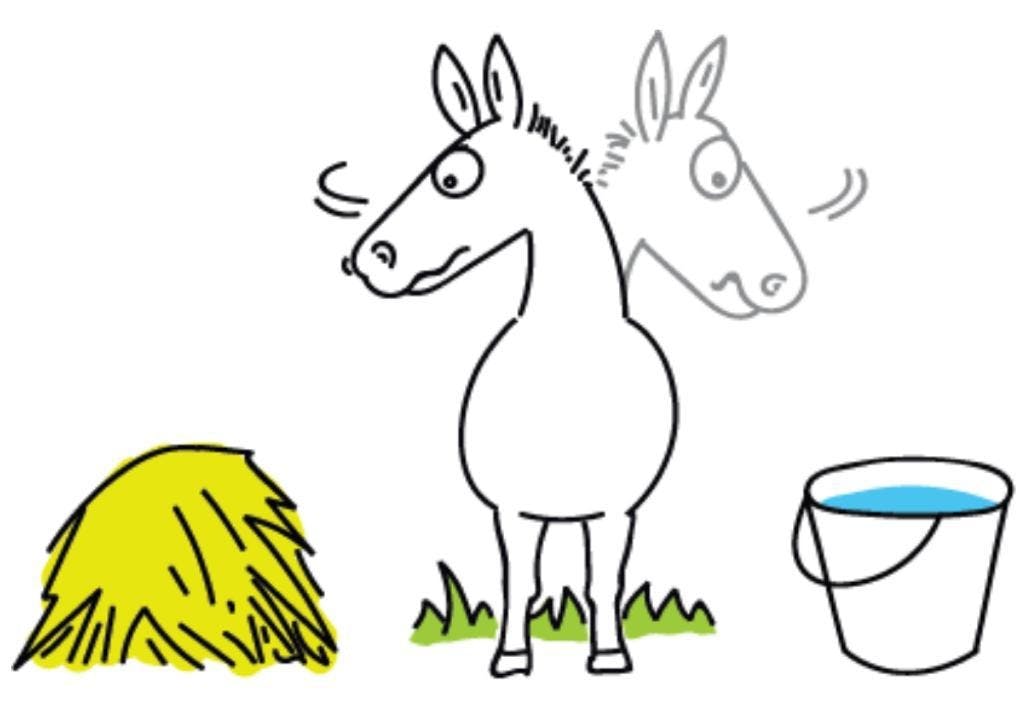Your personality influences the quality of your code, you should also know that some of your attitudes influence the success of your projects.
In this article, we'll look at 3 attitudes that cause developers to give up on developing their projects.
Always start by writing code
You have a new project, personal or from a client, right after reading the specs, you feel so inspired that you open your code editor directly!
That's a really bad idea 👀
An IT project is like a house that you build, there is a reason why we talk about software architecture 👷.
Let's say you have to build a house, no matter how big it is, no matter how much time you have at your disposal, you can never directly start raising the walls.
You must first analyze the terrain, draw the plans and dig a foundation before you pick up your trowel.
In designing a computer application, writing code is only part of the job.
You must first analyze the project, draw out the functional and technical specifications, do some modeling, in short! You must know the code you are going to write before you even open your IDE
Why do you need to know this? Simply because, without a precise analysis, the estimation of the project complexity and its planning are always underestimated.
The development will be totally unstable, with many errors, you won't even know when it will end.
In the best case, after the delays that would have exploded, the costs that will reach peaks, you will end up with a "gas factory", an uncertain application, impossible to make evolve again.
Otherwise, you will give up before the end.
analysis paralysis
We can best illustrate analysis paralysis with Buridan's ass paradox

Buridan's ass paradox is the legend wherein an ass dies of hunger and thirst between a stack of hay and a pail of water because he can't decide where to start.
He spends so much time thinking and wondering what would be the best choice, he ends up starving and dying of thirst. 🤦
It's true that you need to take some time in designing your project before jumping into the code, but don't fall into the trap of wanting everything to be 100% perfect to get started.
Analysis paralysis just means over-analyzing things when you can't make decisions because you're afraid of making the wrong choice.
Instead of deciding and acting, we get stuck in the research and reflection phase. We continue to read more and more books, we ask for more and more advice, we watch more and more videos... Without ever managing to take action.
Consequences ? Stress and anxiety, and then giving up in case you can't get your act together.
On top of that, analysis paralysis is detrimental to your creativity, so beware.
the shiny object syndrome

the best, capable of sending you into a vicious cycle, you need to beware 😬
You are working on your project, and it takes time (it's normal!) Suddenly, you have a great new idea, an idea for an app that will surely hit the spot.
You decide to put the current project on hold, to start working on the new one that seems to have a lot of potential. Then you get another great idea that motivates you to pause the last one.
It's called the shiny object syndrome!
Don't blame yourself, ask the developers next to you about the number of abandoned projects on their GitHub. You'll know you're not the only one.
The consequence is that you never get things done.
But you have to get a grip, realize that new things are everywhere, all the time. And that a new thing is not necessarily the best.
If you have a new idea, I would advise you to write it down somewhere, however, to follow through on the ideas you are currently working on.
Above all, give yourself time to think about it.
Conclusion
There are several other attitudes or mindset that can be a hindrance in your evolution as a developer, also as a human being in general. You must learn to work on yourself rather than focusing only on code.
Originally published on devscast.tech

